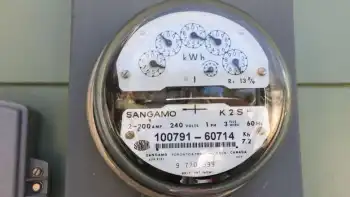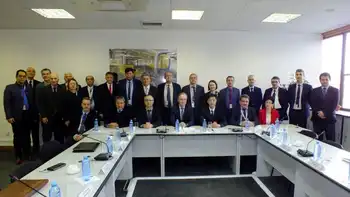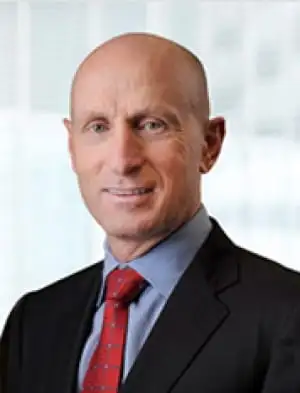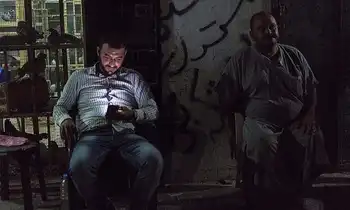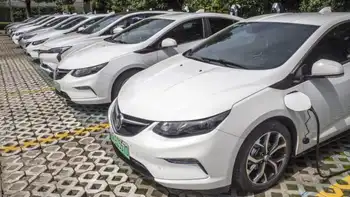Germany solar subsidy cuts muddy outlook
By Reuters
Protective Relay Training - Basic
Our customized live online or in‑person group training can be delivered to your staff at your location.

- Live Online
- 12 hours Instructor-led
- Group Training Available
The recent surge in sales has helped the industry recover from a brutal 2009, when prices for the modules that turn sunlight into electricity tumbled by more than 40 percent as a glut of supplies and difficult financial markets slowed growth.
That rebound may be short-lived. UBS, in a recent report, forecast strong German growth throughout the year, but predicted a steep drop after midyear.
The investment bank said it expected new German solar installations to reach 2.5 gigawatts in the first six months of this year, but that figure will shrink by as much as 60 percent to between 1 GW and 1.5 GW in the second half.
Berlin is set to reduce the mandated prices to be paid for electricity from German solar arrays from July, with proposed cuts of 16 percent for roof-installed panels and a drop of 11 percent for conversion sites like dumps and unused army bases.
That has pulled projects forward as developers try to bring them online ahead of the cuts, helping to boost sales for key solar players like Suntech, First Solar, SunPower and Q-Cells.
Still, Germany, which made up 50 percent of the global solar demand in 2009, will continue to be a major buyer, other analysts said.
"You'll see a temporary disruption in Germany, which will cause a bit of a hiccup in demand," said analyst Adam Krop with Ardour Capital Investment in New York.
Cowen & Co analyst Rob Stone said fears of a sharp drop were overdone.
"The impact inside Germany will be less than people are imagining," he said. "There will still be attractive opportunities (there) in the second half of this year."
Stone, Krop and many solar executives are betting new demand in up-and-coming markets such as Italy, the United States and Japan will help offset the slowdown in Germany, but others are skeptical.
"It remains to be seen whether those other major markets will demonstrate strong growth in the second half of 2010," said Gabelli & Co analyst Hendi Susanto.
Q-Cells, now the world's fourth-biggest maker of solar cells after handing the top spot to First Solar last year, warned in February of an uncertain 2010 as countries cut financial support for solar power and low-cost producers pressure prices.
Demand in Italy, Europe's third-largest solar market, has been growing, and is expected to balloon briefly at the end of this year before the country trims its own generous feed-in tariff — the price power distributors are required to pay generators for renewable energy — gradually by up to 20 percent starting next year.
Even under ideal policy scenarios, European countries excluding Germany are expected to expand only by 2.7 GW of modules in 2010, according to industry association EPIA, lagging estimates for Germany, which is expected to grow year-on-year despite the cuts.
Fears that demand in Germany will fall sharply in the second half of the year have triggered concerns that prices for modules will decline dramatically again.
Ardour Capital's Krop said he expected prices to fall 10 percent in the first half of 2010 and up to 15 percent in the second half.
Suntech, China's largest solar panel maker, is more optimistic and recently said it does not expect the average selling prices (ASPs) for its modules to drop significantly after Germany's subsidy cuts.
Cowen & Co's Stone said the fall in second-half demand will likely pressure prices for modules down between 5 and 6 percent from levels in the first six months — but that decline could be a benefit.
"In the same way they did last year, falling prices should stimulate demand," he said.





